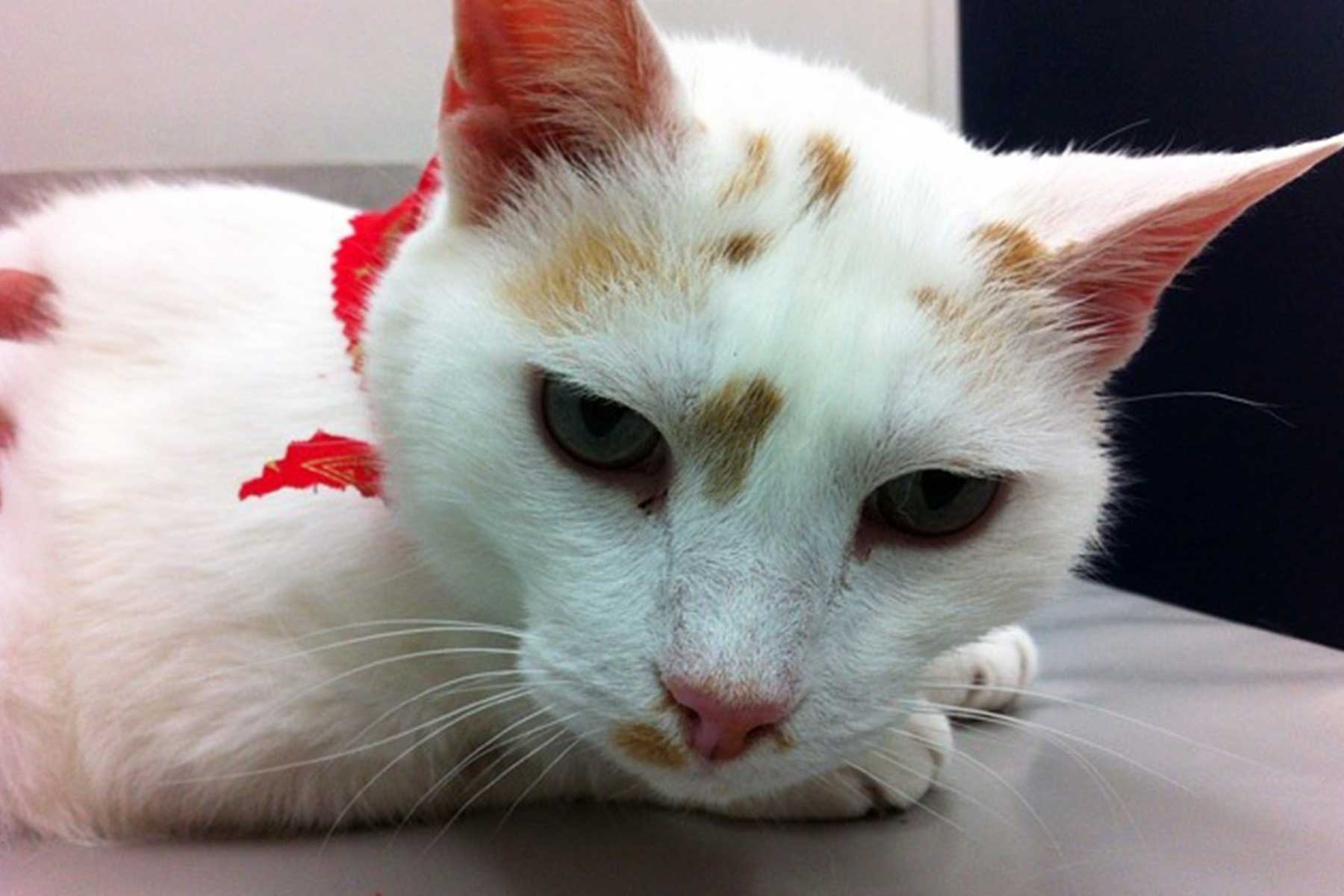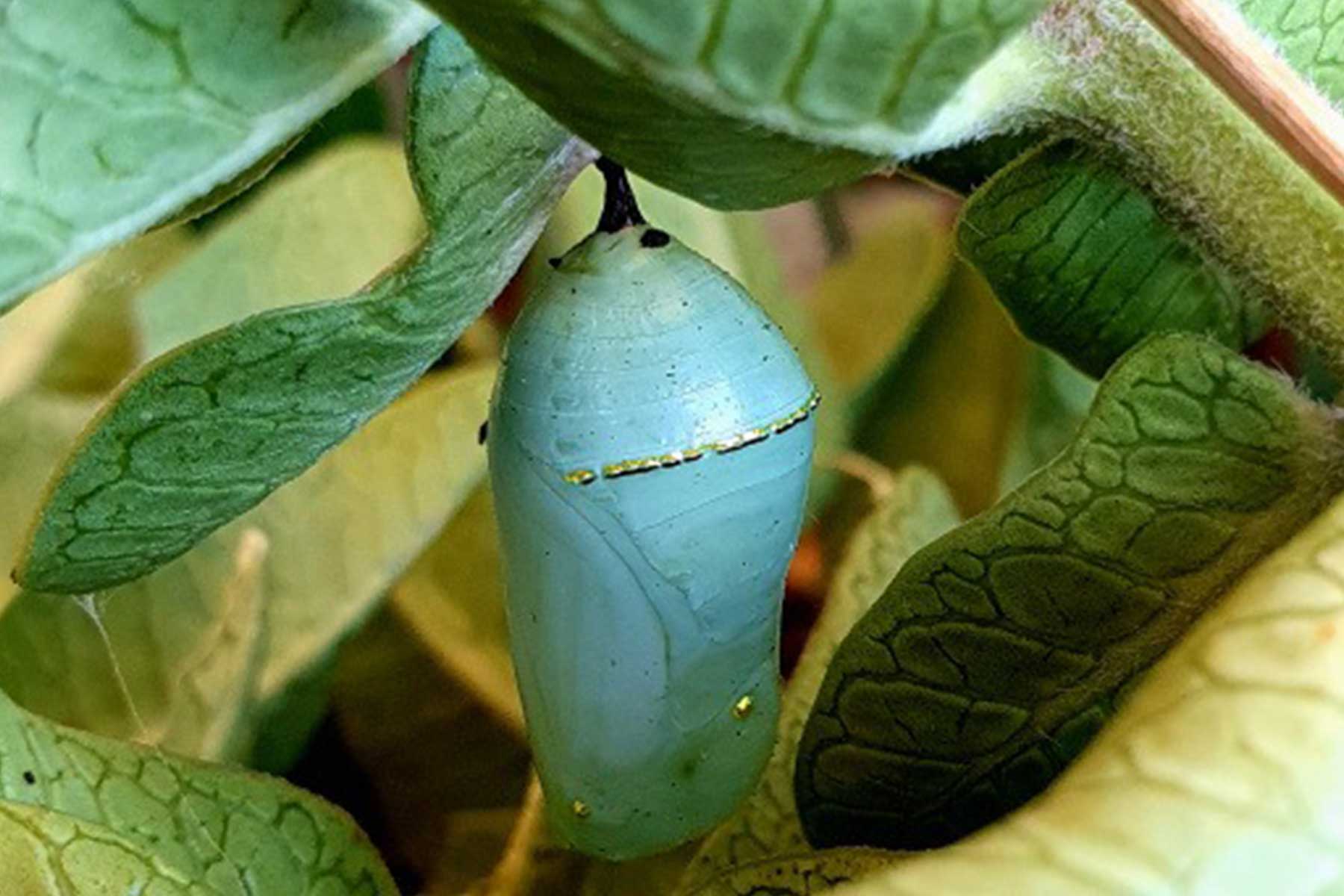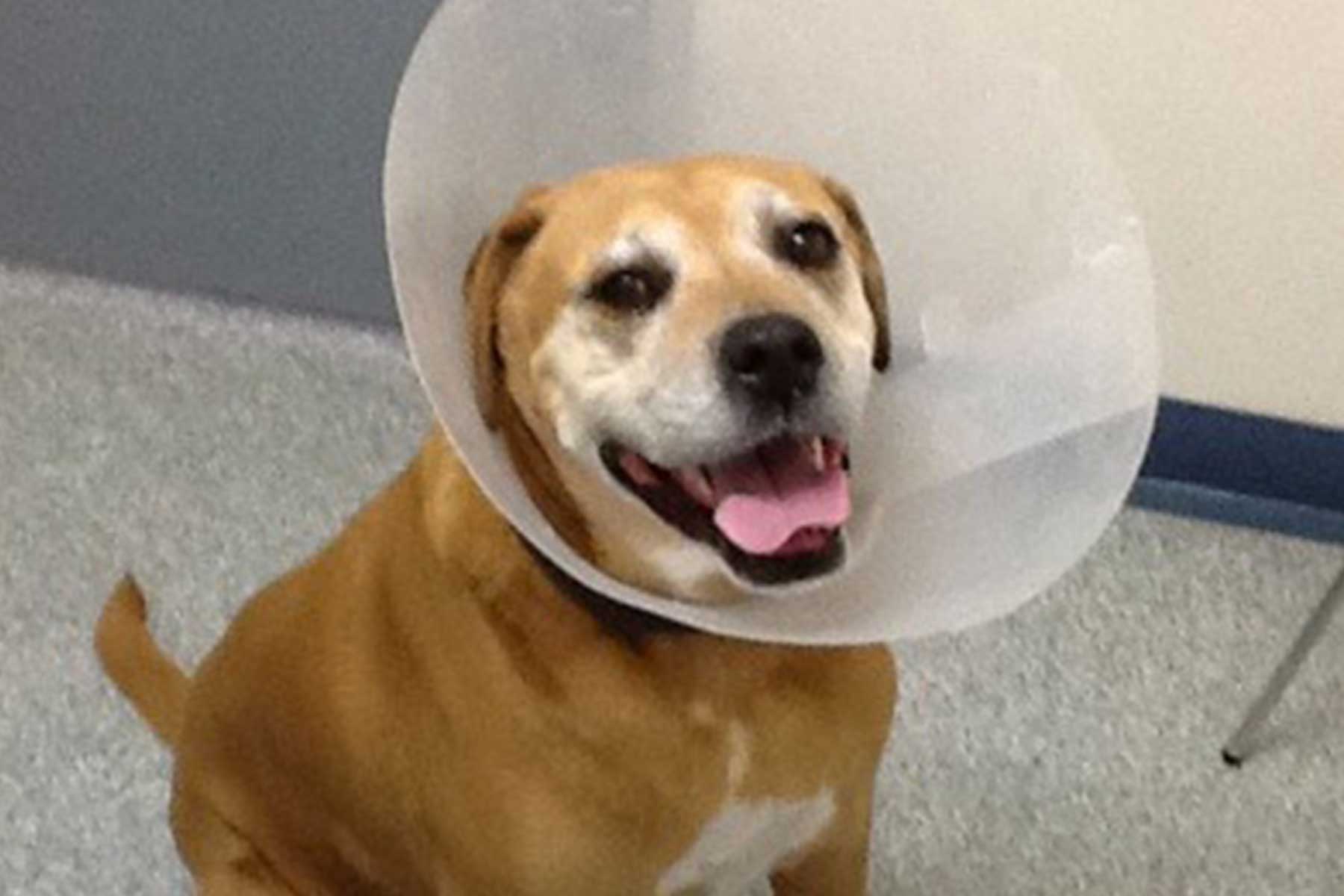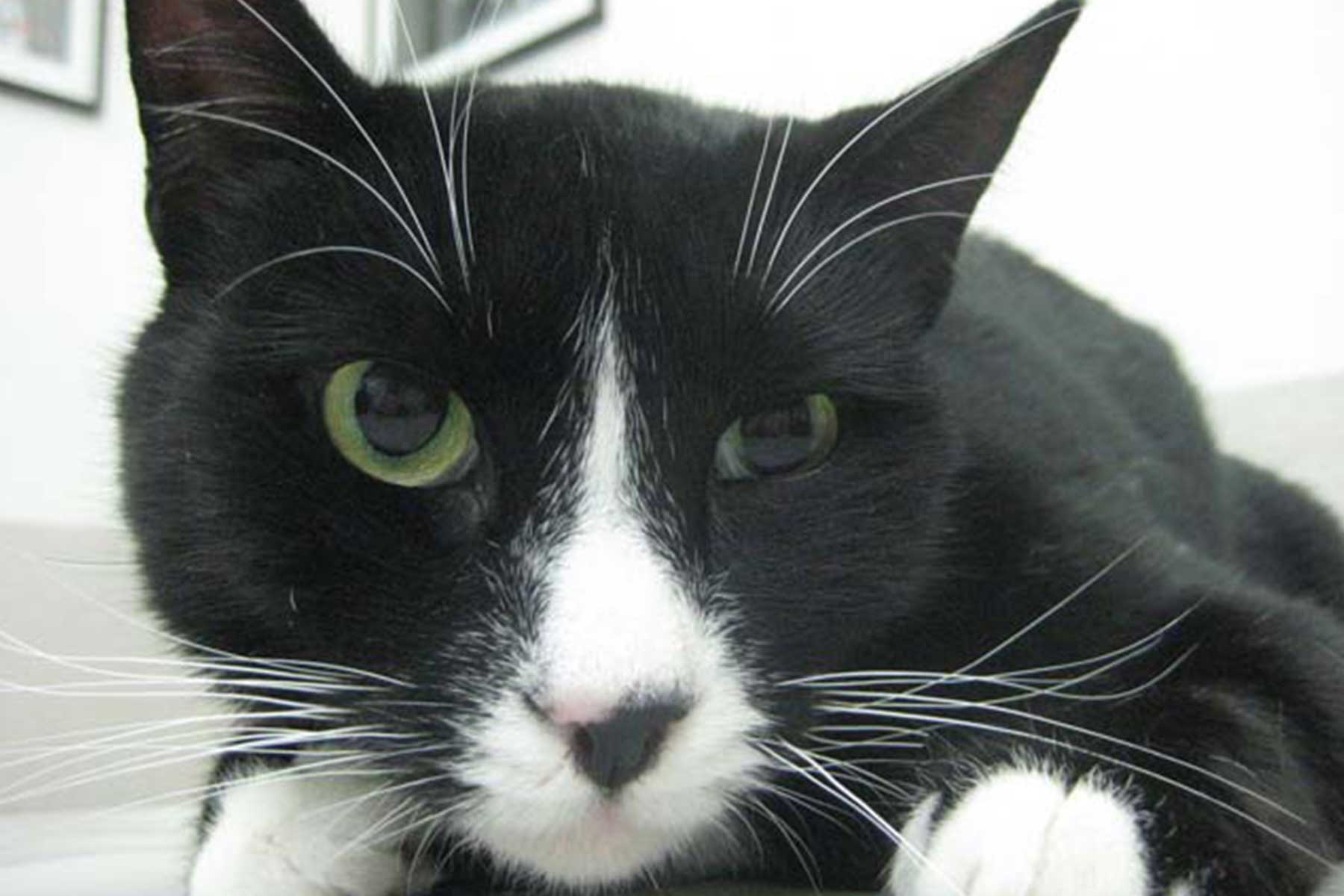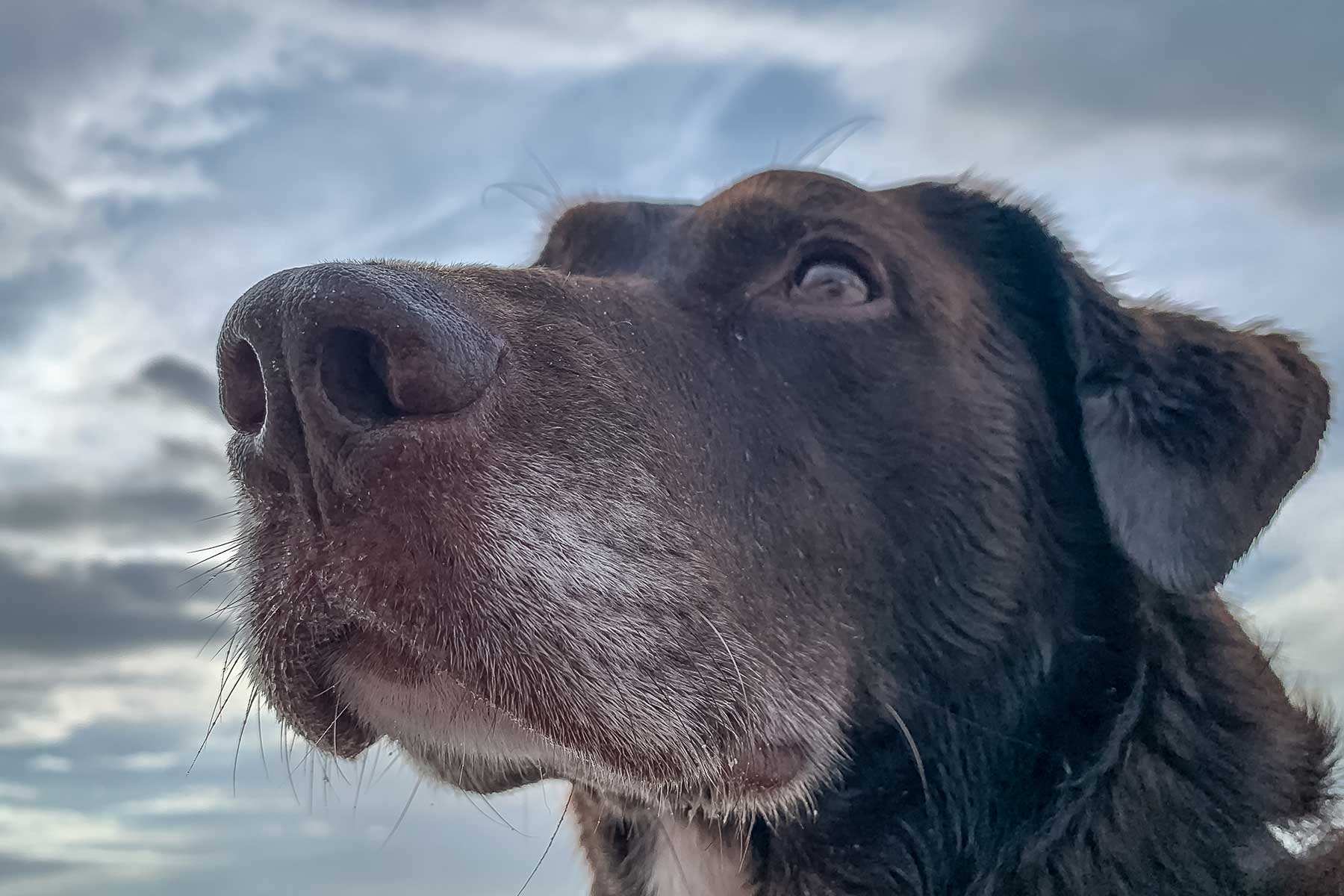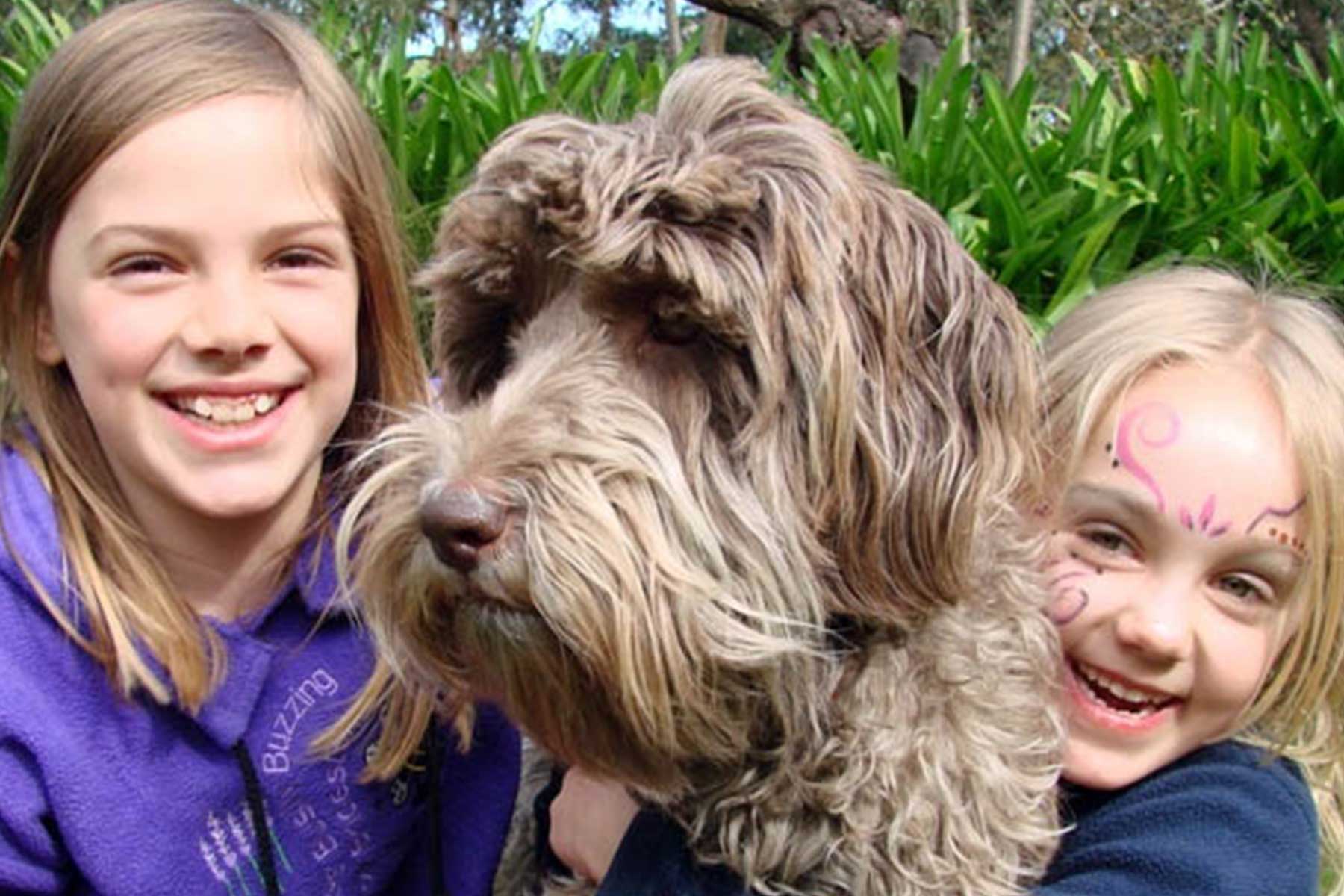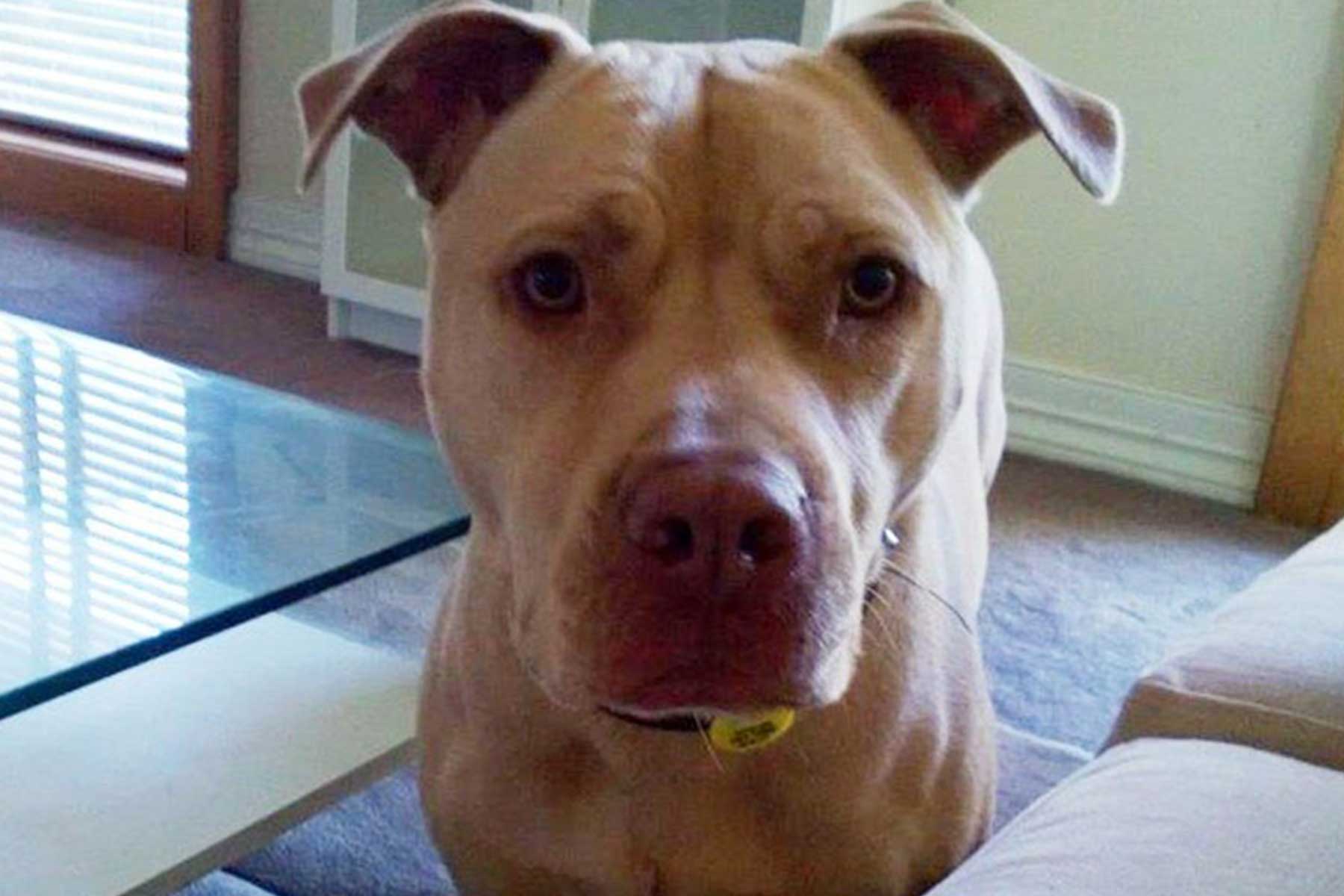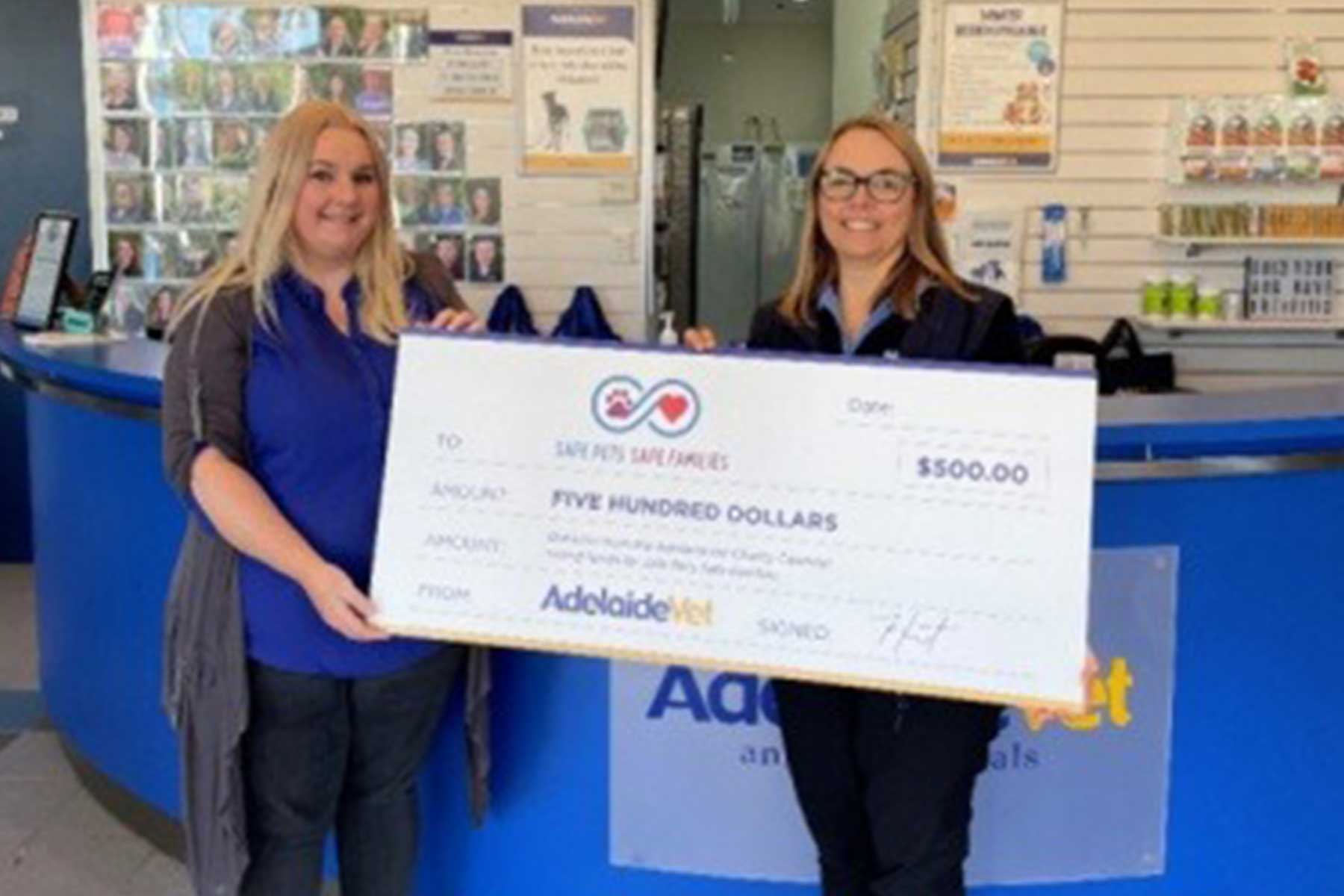Now that we’re enjoying the lovely weather Spring has to offer and getting out more to enjoy the sunshine, we are seeing an influx in rescued baby birds, brought in by very well-meaning members of the public. However, not all baby birds are in need of rescue and it is important to know the difference.
Some baby birds are just learning to fly and their parents are nearby keeping an eye out for them. Other baby bird may have fallen out of their nest and are in need of help. So how do you know which of these baby birds you have found?
Fledglings are baby birds that have developed some of their feathers, but not those involved in flight. These birds are still learning to fly and are more independent than those smaller nestlings. Often, their parents will come and go and assist in keeping them fed. It is important to not take these birds away from their parents. Some species will be able to climb up the tree to their nests such as some parrots and owls. Please keep a watch from a distance for a few hours to see whether their parents return. If not, then they may need help. If you are worried about nearby predators or danger, you can put them in a box that you can hang from the nearest tree. Don’t put it back in a nest if you see one. This will disturb other baby birds in the nest or it may not even be their nest. It is a myth that touching a baby bird will mean that their parents won’t take them back due to the human scent being on them, so if putting them in a box hanging from the tree is an option it is always best.
Nestlings are baby birds that have no feathers but can have some fluff present. These birds are completely reliant on their parents and if they are found on the ground, it is likely that they are either orphaned or have fallen out of their nest. If you find these, please bring them to a Vet clinic or call a wildlife rescue. Using gloves as they can bite and scratch, please place them in a ventilated cardboard box with a towel in it. Please keep them warm and do not give them any food or water as they have very specific needs. Try to get to the Vet or a wildlife carer as soon as possible.
If you believe any bird is injured or unwell, despite the information above, please bring them to the nearest vet clinic or call a wildlife rescue for treatment
At AdelaideVet, when we receive baby birds or injured birds from the public, we triage them and assess them for injuries. Sometimes, we may have to perform further diagnostics such as X-rays and administer medications. For baby birds, we warm them up and start feeding the appropriate food for that species before finding them a wildlife carer to look after them until they are old enough for release.

